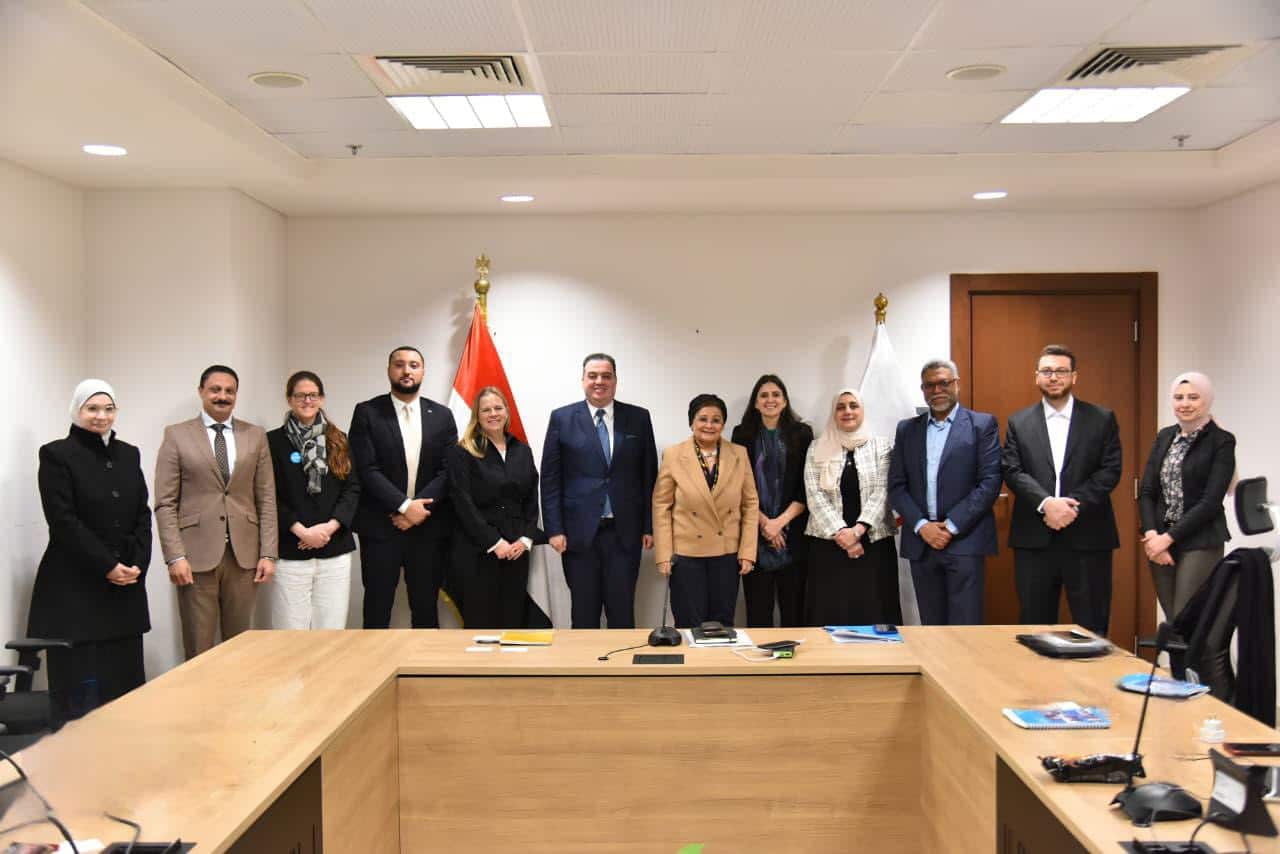
DHIS2 featured in list of “50 Selected DPGs in Government Use”
DHIS2 is featured in Georgetown University’s new “50 Selected DPGs in Government Use” resource, which aims to help government leaders understand how digital public goods can assist in delivering public services and engaging citizens.
DHIS2 is featured in “50 Selected DPGs in Government Use,” published by Georgetown University’s Beeck Center for Social Impact + Innovation, which seeks to help government leaders understand how digital public goods (DPGs) can improve public service delivery and citizen engagement. The paper investigates why state and other sub-national government organizations in the U.S. are not adopting DPGs to improve public service delivery. It explores the use of globally reusable DPGs in government contexts, with a special focus on understanding the governance structures and financial sustainability of DPGs.
In developing and releasing these resources publicly, the Beeck Center’s GovTech research team says it hopes to:
- Create an easy-to-use and updatable resource documenting the landscape of DPGs in use by governments;
- Make it easier for agencies, advocates, and technology implementers to understand the scope and potential of DPGs in public service delivery; and
- Expand understanding of the trends and characteristics of the solutions available in the DPG market.
“DPGs offer a transformative opportunity for state governments to deliver public services by leveraging shared resources and collaborative innovation,” the report concludes. “By leveraging the insights from the Scan of 50 DPGs in Government Use report and using the DPG Landscape Scan Data Set as a tool, we hope state and territorial agencies, advocates, technology implementers, and federal agencies can enhance their discourse and strategic planning for adopting DPGs to support the delivery of public services.”
The report includes an open dataset, a dashboard, and a detailed research summary with insights for sub-federal governments, and is available for anyone to view, share, or provide feedback. This research will be presented at Harvard University’s OpenForm Academy Symposium Nov. 13, 2024.


